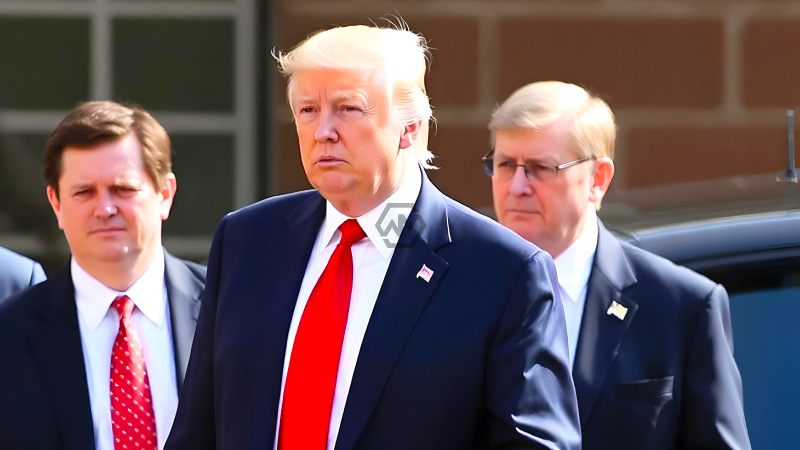- Donald Trump‘s sentencing delayed until November 26, 2024, after the presidential election.
- His legal team argued that sentencing during the campaign could impact election integrity.
- The judge will also rule on a defense request to reverse the conviction on immunity grounds in November.
A New York judge has agreed to postpone Donald Trump’s sentencing in his hush money case until November 26, 2024, giving the former president crucial breathing room as he campaigns for another term in the White House.
The decision also allows Trump’s legal team additional time to push forward with their argument for dismissal based on a U.S. Supreme Court ruling that supports presidential immunity.
Judge Grants Trump a Post-Election Sentencing Delay in Hush Money Case
Former President Donald Trump’s legal team secured a delay in his sentencing in the hush money case, with Judge Juan M. Merchan agreeing to reschedule the hearing for November 26, 2024. Originally set for September, the sentencing would have taken place during the height of the election season, which Trump’s lawyers argued could unfairly impact his campaign. This postponement aligns with Trump’s broader legal strategy to navigate his criminal conviction while running for the presidency.
The legal battle is not just about timing, though. Trump’s team is also challenging the conviction on immunity grounds, referencing a recent U.S. Supreme Court ruling that bolstered the concept of presidential immunity. The defense has requested the judge to overturn the guilty verdict based on this ruling. Merchan has set November 12 as the date to address this significant legal argument, potentially reshaping the case’s outcome.
Trump’s legal team also made efforts to move the case to federal court, hoping to leverage a different judicial environment for their arguments. However, this request was rejected earlier in the week, adding another layer of complexity to Trump’s legal hurdles. The former president continues to pursue the appeal, maintaining his stance that the case against him is politically motivated.
Throughout this legal process, the Manhattan District Attorney’s office has remained relatively neutral regarding the delay request, allowing Trump’s legal maneuvering to unfold without opposition. The situation highlights the unique intersection of legal proceedings and electoral politics as the former president seeks to balance his courtroom battles with his bid to return to the White House.
This delay in Trump’s sentencing highlights the ongoing tension between legal accountability and electoral politics, as the former president continues to navigate the complex landscape of his campaign and criminal conviction.
“This case illustrates the challenges of balancing legal accountability with the potential influence of court proceedings on the democratic process.”



